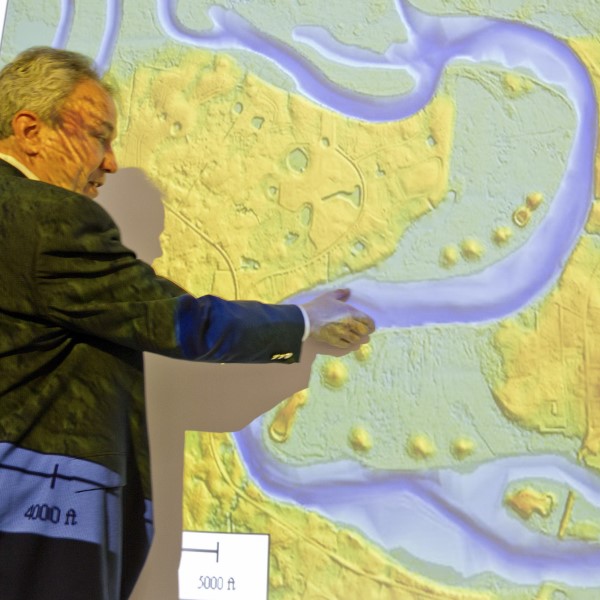Environmental Engineering Overview
Environmental engineers apply science and engineering principles to protect local, regional, and global environments from detrimental effects of natural and human activities. Working at the interface between the natural and built environment, environmental engineers are responsible for air pollution control, water and wastewater treatment, solid and hazardous waste treatment and management, environmental health, and remediation. Environmental engineers design projects to improve environmental quality; and obtain, update, and maintain plans, permits, and standard operating procedures to ensure compliance with environmental regulations. Environmental engineers are directly responsible for improving the quality of life and safety of society and have a professional and ethical responsibility to the public for doing so.
Course Requirements
For complete information on the degree program, see the UCF Undergraduate Catalog.



